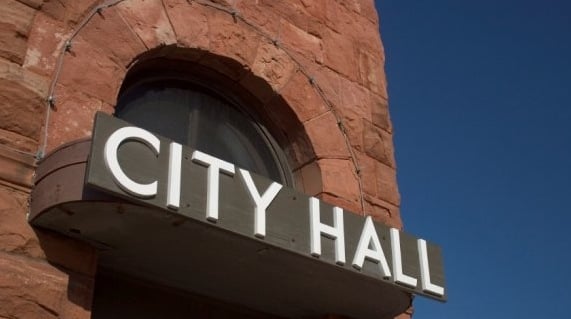So far, concerns about widespread defaults in the muni bond market have been vastly overblown. But try telling that to clients.
The municipal bond market is nowhere near as bad as it was presented a few years ago. That doesn't mean the muni market is free of risks and challenges for financial advisers building bond portfolios for clients.
"Investors know the market has changed," said George Friedlander, managing director and chief municipal strategist with Citi Investment Research & Analysis. "And there's a real challenge for advisers working with individual investors."
Indeed, he cautioned that the typical muni bond investors believes he or she has too much duration risk, but in fact has too little.
Mr. Friedlander, speaking Monday in Chicago at the CFA Institute's annual conference, twice made allusions to analyst Meredith Whitney's famous prediction for widespread muni bond defaults, but jokingly refused to mention her by name.
"In order for her predictions to come true, all [of the largest municipalities] would have had to default," he said. "Be that as it may, the predictions scared the bejeesus out of the muni market."
Mr. Friedlander attributed the "sharp outflows" from muni bond funds over the last two years to many of the predictions that the muni market was teetering on the brink of widespread collapse. And he acknowledged that "we do have more defaults to deal with. But not the kind of magnitude that scared people out of muni funds in 2010."
That fear among individual investors is underscored by the $347 billion worth of redemptions last year, against $295 billion in new muni bond issuance.
For 2012, Mr. Friedlander is expecting issuance to reach $350 billion. He remains concerned, however, about the level of fear among individual investors.
"Individual investor demand has been just okay, because they are resistant to the lower rates," he said. "Whenever there's a reduction in rates individuals go into rate shock, and that is purely an individual investor mindset because institutional investors will consider whether rates are going up — not whether or not rates used to be higher."







